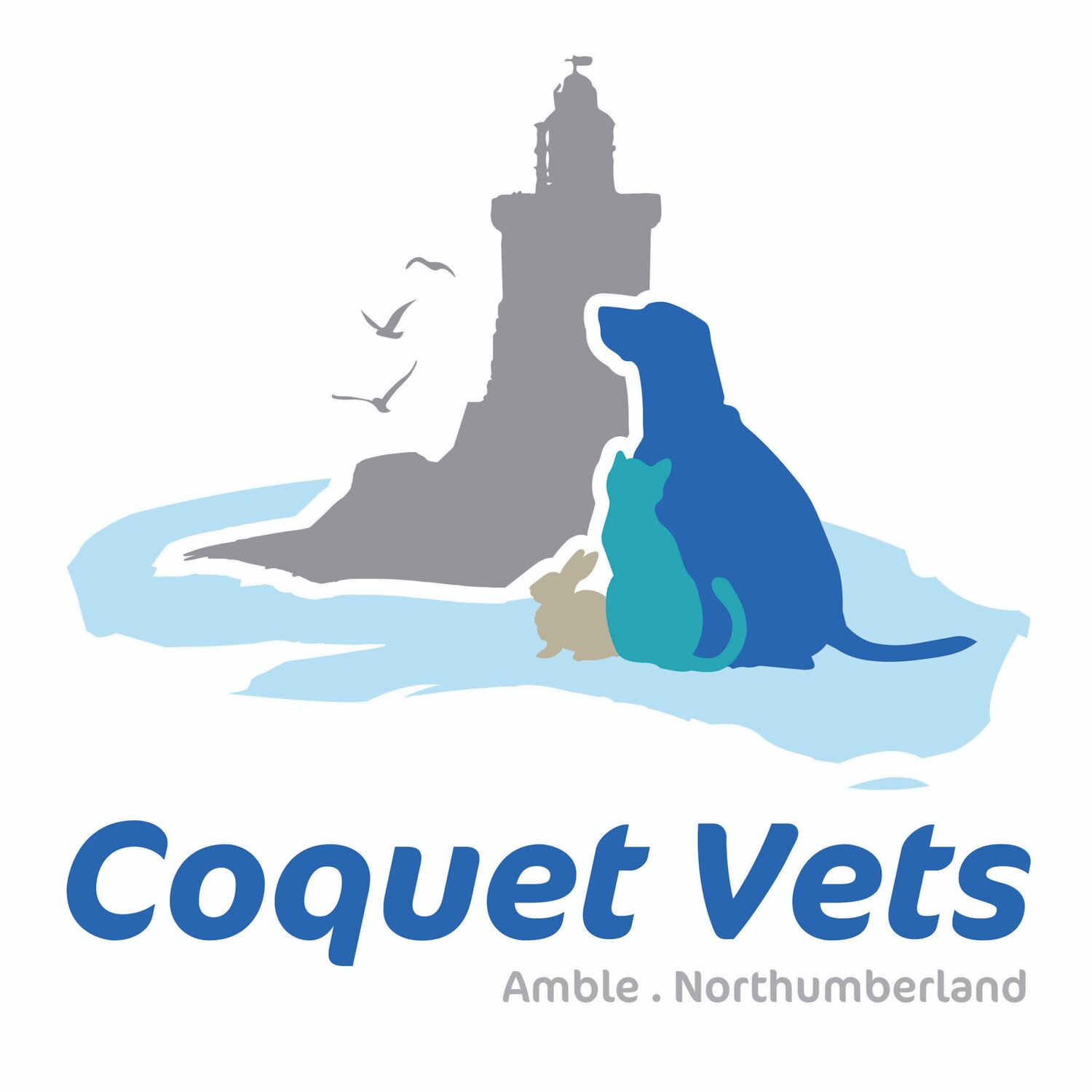Image: Pixabay, 2022
Dental disease is one of the most common diseases that we see in small animal practice. It is estimated that over 80% of our pets and dogs are affected by issues with their teeth, but, unfortunately, this often goes undiagnosed and untreated. Poor dental health can be painful, and if there is infection present, this can challenge the immune system. We all know how it feels to have a tiny ulcer in the mouth or a tooth root abscess and animals feel the same.
Our Vet, Emily, started to have an interest in veterinary dentistry about 10 years ago after seeing more and more dental disease in small animal practice. She has attended many dental courses, including some endodontic courses in Sweden, and consequently has lots of experience in this field.
Vet, Emily Renton working at the practice. (Photo: Coquet Vets)
When Coquet Vets was being set up and designed, we incorporated a dedicated dental suite, which has a specific dental X-ray machine.
As we are passionate about dental health here at Coquet Vets, we offer free of charge dental checks. The Vet will check your pet’s mouth (as much as they let us) and discuss what they recommend. We can then give you estimates in the consult and discuss any procedures that might be recommended, as each patient will be different. Some may just need a little dental home care, which we can help you with.
Many of the patients we see for dental treatment are older and we will often recommend that these patients have pre anaesthetic bloods tests to help us assess their general health, which we run in house.
All dentals are done under a general anaesthetic. This is the best way for us to access each tooth individually as we probe and X-ray each tooth, as well as protecting the patients airways when we use ultrasonic cleaning techniques. All dental procedures have full mouth radiographs. This helps us to access the whole mouth, as you cannot see what damage is underneath the gum line without them.
An animal’s mouth is divided into four quadrants. Quad one is the upper right side, quad two is the upper left side, quad three is the lower left side and quad four is the lower right side. We use dental charts for every patient. We chart for gingivitis (inflammation of the gum) and calculus (tartar); these are graded from 0 (no tartar) to 3 (>75% coverage). We make a note if the tooth needs extracting, has a pocket (a large gap between the gum and tooth), is mobile (tooth moves) or if the tooth is missing.
Our Vet uses a local block to numb the mouth if we need to extract any teeth - just the same as a human dentist!
Our Veterinary Nurses monitor the anaesthetics and help assist the vet where needed. All patients have pain relief throughout their procedure, and they go home with pain relief. We see them back for a free post-operative check after 5-7 days.
We find many of our patients are completely different animals once they have fully recovered and they are much happier as they have been in pain for so long. Animals will continue to eat, play and act normal, even if they are in pain, which is why having regular check-ups is so important.
Throughout the whole of March, we are offering 10% off dental procedures.
Call us on 01665 252 250 to book in for a free dental consultation with one of our Vets.




